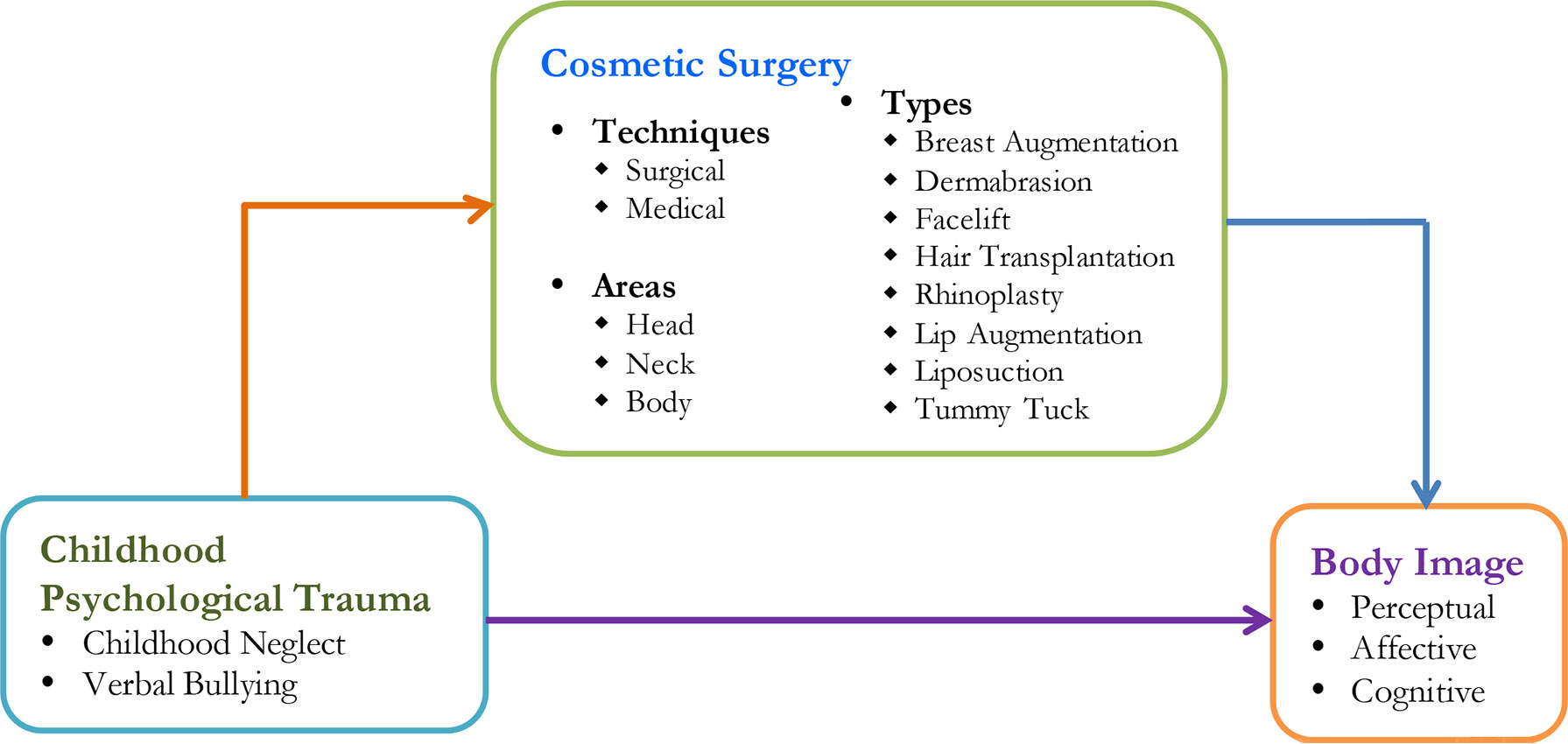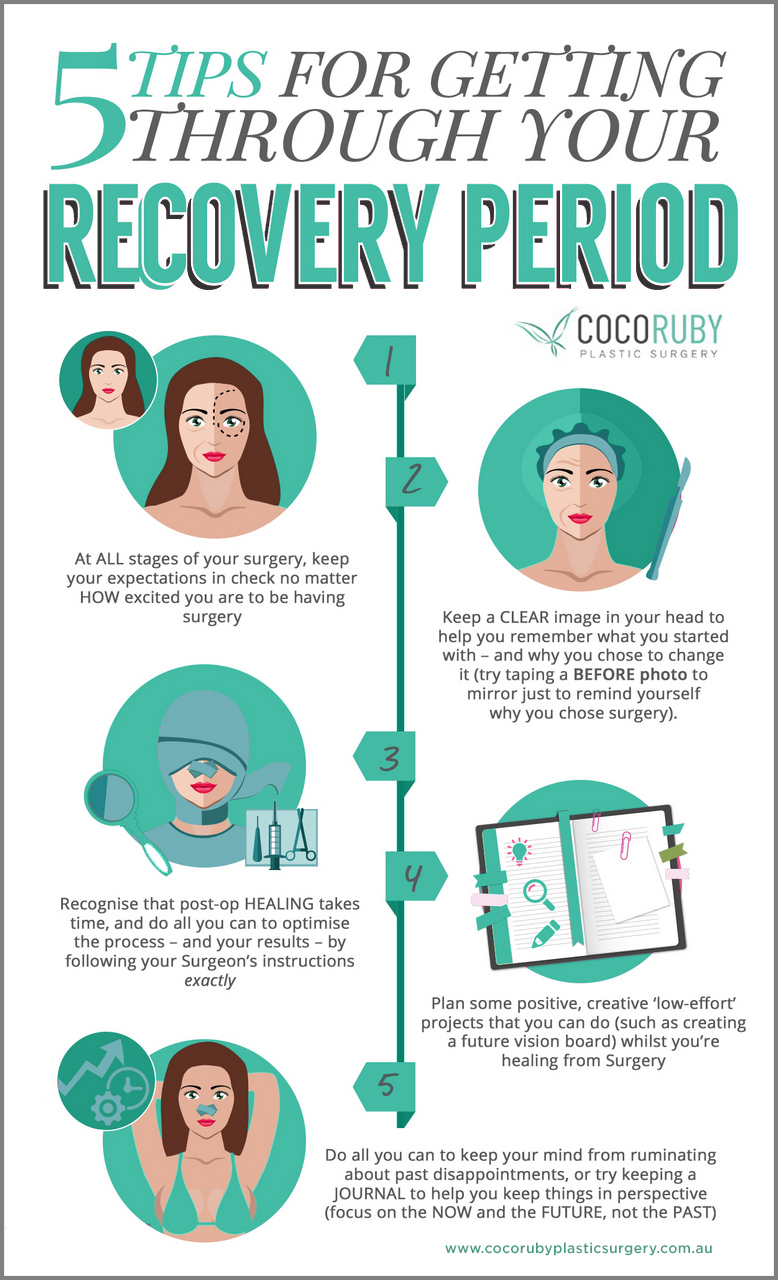Invasive Surgery Psychological Screening: Why It Is Needed to Prevent Post-Surgery Complications
Invasive Surgery Psychological Screening: Why It Is Needed to Prevent Post-Surgery Complications
Blog Article
Just How Emotional Evaluations Boost Cosmetic Surgery Results
By thoroughly examining patients' mental and emotional states, doctors can get valuable understandings right into their motivations, expectations, and possible mental obstacles. As we discover the nuances of this strategy, the ramifications for both individual complete satisfaction and long-lasting emotional well-being come to be evident, increasing essential inquiries concerning its role in shaping the future of cosmetic surgical procedure.
Comprehending Mental Evaluations
Psychological evaluations in the context of cosmetic surgical procedure serve as crucial devices to assess a person's psychological and mental preparedness for surgical intervention. These evaluations are developed to determine underlying emotional conditions, such as body dysmorphic disorder, depression, or anxiousness, which may affect a person's assumptions and fulfillment with surgical outcomes.
The process generally involves organized meetings, standardized sets of questions, and medical evaluations administered by experienced psychological health and wellness experts. By methodically checking out a patient's motivations for looking for cosmetic surgery, these examinations help to discern whether the need for surgical treatment comes from practical self-improvement objectives or from deeper psychological problems.
In addition, psychological assessments can help with educated decision-making by guaranteeing that patients totally recognize the potential dangers and advantages linked with aesthetic treatments. This understanding is essential for straightening patient assumptions with realistic end results, eventually adding to a more sufficient surgical experience.
Additionally, these evaluations can determine clients that might take advantage of preoperative mental assistance or counseling, consequently enhancing their total wellness. Thus, comprehending psychological assessments is important for optimizing both the psychological and surgical outcomes of plastic surgery.

Advantages for Patients
The application of psychological evaluations in cosmetic surgery uses countless advantages for people, considerably boosting their general experience. These evaluations supply an organized opportunity for people to explore their inspirations for looking for surgical treatment. Understanding their hidden desires can foster even more educated decision-making, decreasing the chance of regret post-surgery.

In addition, psychological assessments can assist in far better communication between individuals and their surgeons. By expressing goals and issues a lot more clearly, individuals can develop practical goals, leading to an extra satisfactory medical experience. These evaluations can boost patient-surgeon rapport, promoting count on and cooperation throughout the medical trip.
Impact on Surgical End Results
How do emotional assessments influence surgical results in aesthetic treatments? Mental analyses work as crucial devices in recognizing people' psychological health and wellness status, expectations, and inspirations before surgical treatment. mental health check for cosmetic surgery. By assessing factors such as body picture understanding and psychological wellness, these analyses can anticipate just how individuals will certainly respond to recommended you read aesthetic interventions
Study indicates that patients with realistic expectations are most likely to report fulfillment post-surgery. Conversely, those with underlying psychological problems, such as body dysmorphic disorder, may experience frustration no matter of the step-by-step end result. By identifying these problems early, experts can handle person assumptions properly and decrease the likelihood of problems or remorse after surgery.
Furthermore, emotional analyses can enhance the surgeon-patient partnership, promoting open communication and trust. This relationship is important for ensuring that clients really feel comfortable discussing their objectives and concerns, ultimately bring about much more beneficial surgical results.
Tailoring Surgical Approaches

As an example, an individual showing signs of stress and anxiety might take advantage of a much more gradual approach, maybe starting with less intrusive treatments prior to advancing to a lot more considerable surgical treatments. Conversely, people with a strong feeling of self and practical assumptions might be suitable prospects for even more substantial interventions.
Furthermore, psychological evaluations can aid recognize individuals who might need added assistance or counseling, particularly if their inspirations originate from underlying psychological concerns. Tailoring medical methods not just improves the technical implementation of the treatment but likewise fosters a collective atmosphere in between the surgeon and patient, causing more sufficient results. Eventually, this customized technique promotes a much deeper understanding of the patient's one-of-a-kind scenarios, resulting in an extra unified balance in between aesthetic goals and mental wellness, thereby enhancing the total plastic surgery experience.
Promoting Long-Term Contentment
To advertise lasting satisfaction in plastic surgery, it is crucial to develop realistic expectations and foster open communication between the specialist and client throughout the process. Psychological assessments work as a beneficial device hereof, making it possible for surgeons to determine a client's motivations, needs, and prospective mental results. By understanding a patient's psychological and psychological state, doctors can provide tailored referrals that align with the client's true desires.
In addition, participating in detailed conversations about the possible risks, benefits, and restrictions of the procedure helps alleviate unrealistic assumptions. cosmetic surgery mental health screening. Clients that are knowledgeable are most likely to value the outcomes, adding to higher fulfillment rates. Constant follow-up after the surgical treatment is also essential in enhancing the surgeon-patient relationship and dealing with any type of problems that might occur during recuperation
In addition, emotional analyses can recognize individuals who may go to danger for post-operative frustration, enabling preemptive interventions. Eventually, the integration of mental analyses into the cosmetic surgical treatment procedure not only boosts surgical outcomes but also promotes long-term contentment, ensuring that clients try this really feel content with their choices and results as time advances.
Conclusion
In recap, psychological evaluations function as click here for more an important component in improving cosmetic surgical treatment outcomes. By assessing clients' emotional and mental preparedness, these analyses help with the recognition of underlying psychological conditions and inspirations, resulting in a lot more tailored surgical strategies. In addition, promoting open interaction in between surgeons and patients promotes sensible assumptions and trust fund, inevitably contributing to improved fulfillment and long-lasting emotional well-being adhering to procedures. The combination of emotional analyses right into the medical process represents a critical improvement in patient treatment and outcomes.
The execution of mental analyses in cosmetic surgical treatment uses many benefits for individuals, considerably improving their overall experience.In addition, mental analyses can aid recognize people that may require added assistance or counseling, especially if their motivations stem from underlying emotional problems. Emotional analyses offer as an important device in this regard, enabling specialists to assess an individual's inspirations, desires, and prospective emotional end results. By comprehending a client's psychological and psychological state, surgeons can supply tailored recommendations that align with the individual's real goals.
By assessing people' mental and emotional preparedness, these assessments help with the identification of underlying mental problems and motivations, leading to a lot more tailored medical approaches.
Report this page